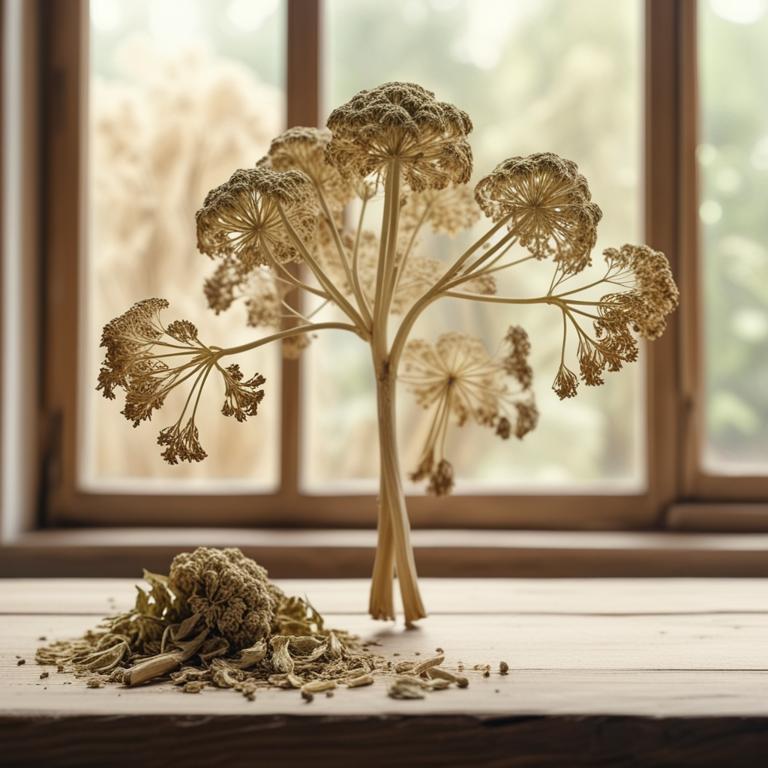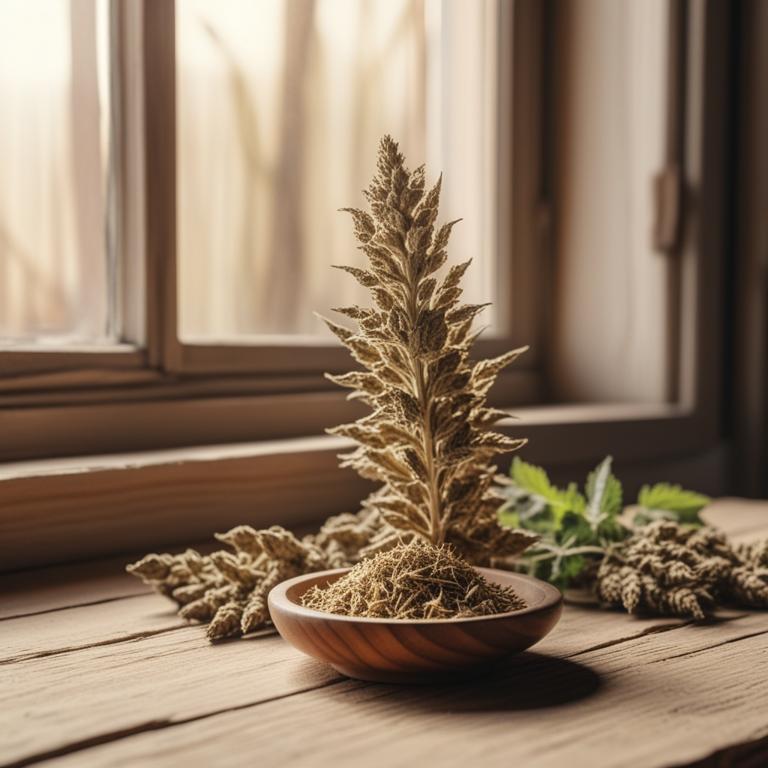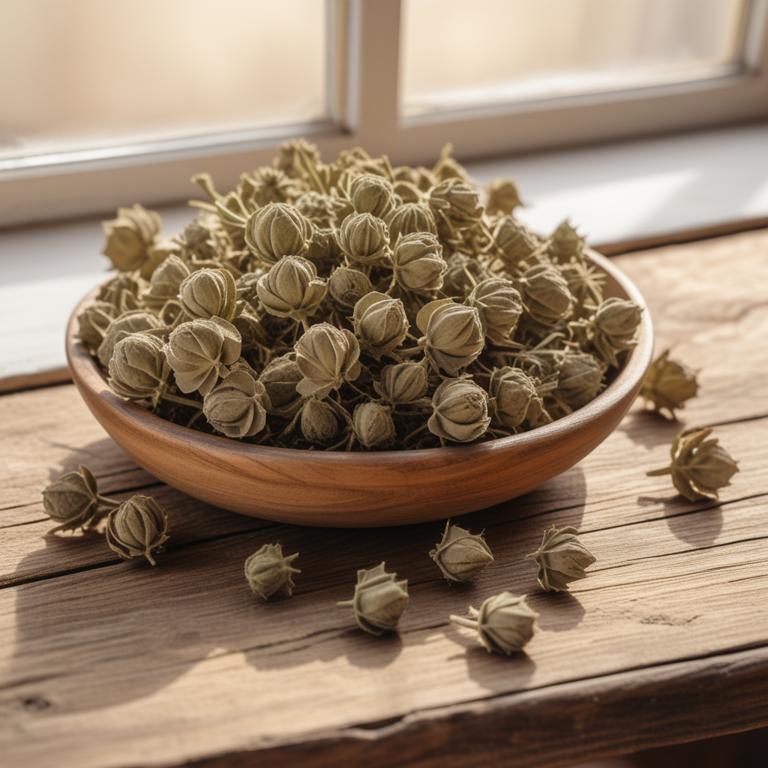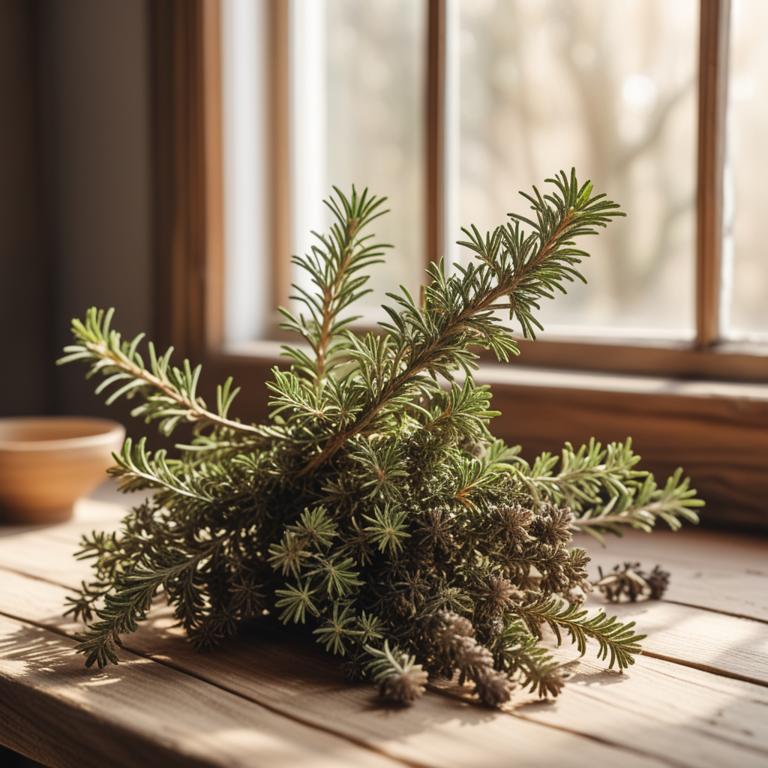Updated: Dec 1, 2024
Natural Dehydration Relief: Causes, Herbs, and Medicinal Preparations
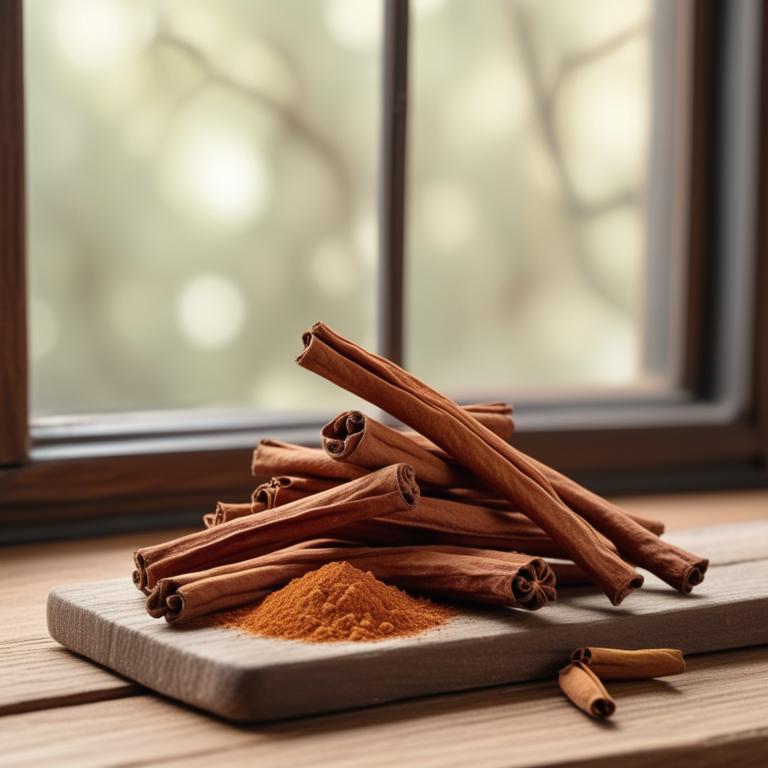
Dehydration is when your body loses more fluids than it takes in, and it can happen to anyone.
When you're dehydrated, you might feel tired, dizzy, and your skin can get dry and tight. It can also affect your kidneys, and if it's not treated, it can lead to serious health problems. Dehydration can be caused by not drinking enough water, especially in hot weather or when you're physically active, but it can also be caused by illnesses like diarrhea or vomiting, or by certain medications. Herbal remedies can help your body rehydrate and recover from dehydration.
Herbs like dandelion, licorice root, and slippery elm have been used for centuries to treat dehydration. These herbs have properties that help to replace lost fluids, soothe the digestive system, and calm the stomach. You can make teas by steeping these herbs in hot water, or take them as capsules or tinctures. Drinking dandelion tea, for example, can help to replenish lost electrolytes and fluids, while licorice root tea can help to soothe the stomach and calm nausea.
Slippery elm tea can help to coat the digestive tract and reduce inflammation.
Table of Contents
- What are the primary causes of dehydration?
- What are the benefits of using herbs in managing dehydration?
- What are the main medicinal herbs for curing dehydration?
- What herbal preparations have proven to be effective in treating dehydration?
- What herbs are not recommended for someone who has dehydration?
- FAQ
What are the primary causes of dehydration?
The main causes of dehydration are often related to issues that affect the way our bodies take in and process fluids.
One of the main causes is diabetes. When you have diabetes, your body either can't produce enough insulin (a hormone that regulates blood sugar levels) or can't use it effectively. This leads to high blood sugar levels, which can cause your body to lose more fluids than usual, especially through urination. Another common cause of dehydration is vomiting. When you vomit, you lose not only the food or liquid you just ate but also the water and electrolytes (like sodium and potassium) that are essential for your body to function properly.
If you vomit repeatedly, your body can quickly become dehydrated. Diarrhea is yet another cause of dehydration. Diarrhea is the loose, watery stools that are often associated with stomach infections or other gastrointestinal issues. When you have diarrhea, you lose a lot of fluids and electrolytes, which can quickly lead to dehydration if left untreated. Lastly, severe burns can also cause dehydration. When you have a severe burn, your body loses fluids rapidly due to the damaged skin and underlying tissues.
This loss of fluids can lead to dehydration, especially if you're not receiving enough fluids through medication or intravenous (IV) therapy.
What are the benefits of using herbs in managing dehydration?
Using herbs for dehydration can be a great way to replenish lost fluids and electrolytes.
One of the main benefits is that they can help replace essential minerals, like potassium and sodium, which are often lost when we sweat. This can be especially helpful for people who engage in strenuous activities or live in hot climates.
Herbs can also be more easily absorbed by the body than plain water, which means they can provide quicker relief from dehydration symptoms like headaches and fatigue. Additionally, many herbs have natural anti-inflammatory properties, which can help soothe dry skin and mouth, common complaints when we're dehydrated. Furthermore, some herbs can even help regulate the body's fluid balance, preventing overhydration or dehydration.
This is because they contain natural compounds that help the body's cells absorb and retain water.
What are the main medicinal herbs for curing dehydration?
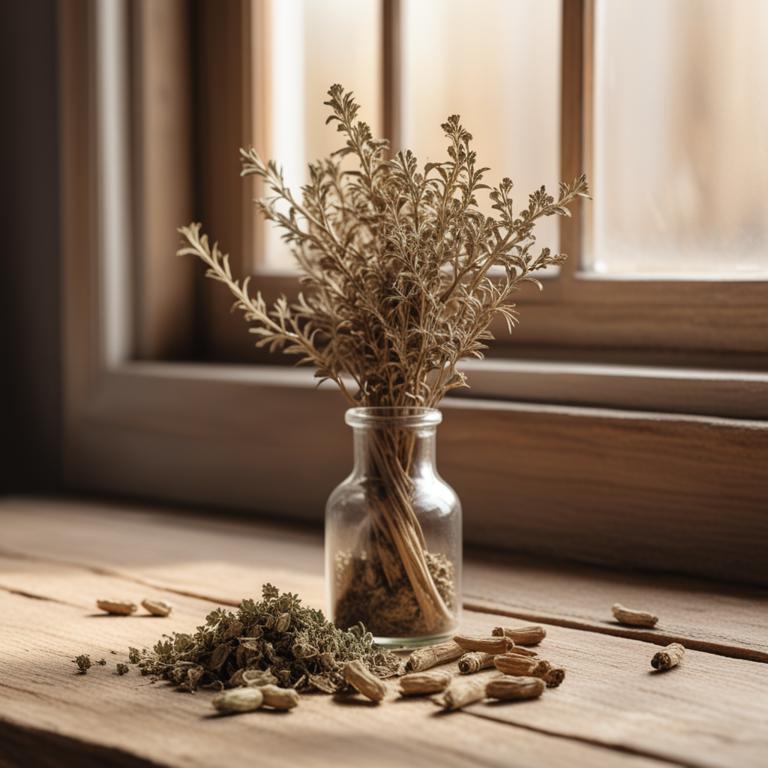
Herbs can be a great help when it comes to dehydration.
For example, Glycyrrhiza glabra, also known as licorice root, has a natural ability to retain water in the body. This makes it an effective tool in replenishing fluids and electrolytes. Another herb that's beneficial for dehydration is Zingiber officinale, or ginger. It has anti-inflammatory properties that can help soothe the digestive system, which is often affected by dehydration. Ginger also acts as a natural diuretic, helping the body to remove excess water and electrolytes, and promote the reabsorption of fluids.
Cinchona officinalis, or Peruvian bark, contains quinine, a natural electrolyte that can help regulate the balance of fluids in the body. This herb is also rich in antioxidants that can help combat free radicals, which can exacerbate dehydration. Mentha x piperita, or peppermint, is another herb that's beneficial for dehydration. It has a cooling effect on the body, which can help lower fever and reduce sweating, making it easier to replenish lost fluids. Additionally, peppermint's natural diuretic properties can help promote the removal of toxins and excess fluids from the body. Lastly, Aloe barbadensis, or aloe vera, is a natural source of electrolytes and antioxidants that can help replenish fluids and combat dehydration.
Its gel-like substance can also help soothe digestive issues and promote the absorption of fluids in the body.
What herbal preparations have proven to be effective in treating dehydration?
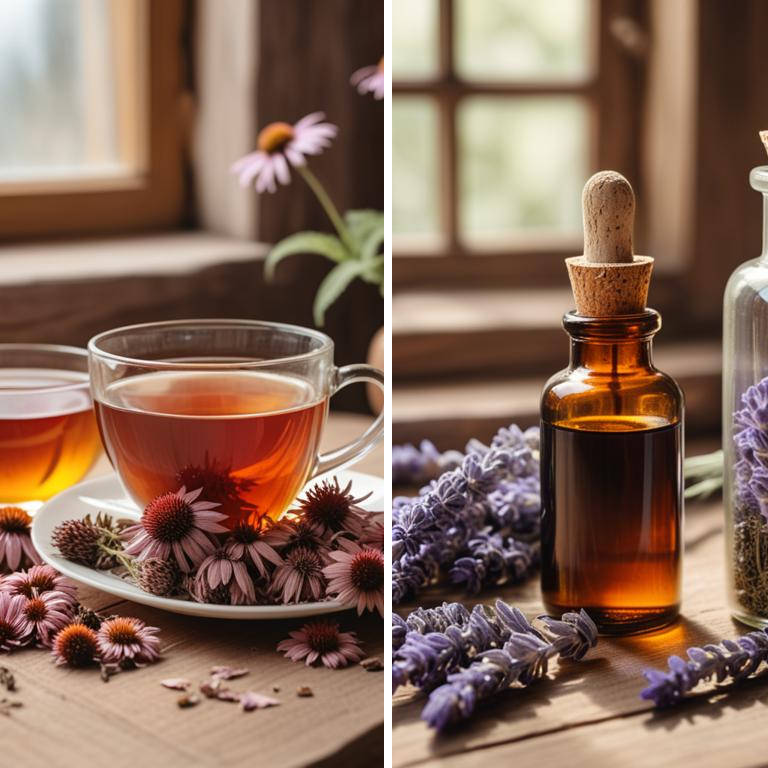
Herbal preparations can be very helpful when you're feeling dehydrated.
A decoction is a good option - it's made by boiling herbs in water, which helps to release their active ingredients. This makes it easier for your body to absorb the fluids and electrolytes it needs to recover from dehydration. For example, you can make a decoction from slippery elm to help soothe your digestive system and replenish fluids. Another option is herbal tea, which is similar to decoction but made with smaller amounts of herbs and often served hot or cold. Herbal teas like peppermint and ginger are popular for hydration because they have a high water content and can help to replace lost fluids. They're also easy to digest, which makes them a great choice when you're feeling dehydrated. Herbal infusions are also helpful for hydration.
This is a gentle way of preparing herbs, where they're steeped in hot water to release their active ingredients. Infusions are often made with delicate herbs like chamomile and lemon balm, which are calming and soothing. They can help to calm your body and mind, making it easier to recover from dehydration. Herbal tinctures are liquid extracts of herbs that are often used in small amounts. They're very concentrated, so a little can go a long way. Tinctures like rehydration blend, which typically contains herbs like dandelion and licorice root, can be added to water or other fluids to help replenish electrolytes and fluids. A poultice is a paste-like preparation made from crushed herbs, which is applied directly to the skin. While it may not be the most direct way to replenish fluids, a poultice can help to stimulate blood flow and sweating, which can aid in hydration.
For example, a poultice made from cooling herbs like mint and basil can help to lower your body temperature and promote sweating, which can help to flush out toxins and replenish fluids.
Additional Resources:
What herbs are not recommended for someone who has dehydration?
If you have dehydration, it's best to avoid certain herbs that can make it worse.
Taxus baccata, also known as yew, contains a toxic substance that can cause your kidneys to stop functioning properly. This can be especially bad if you're dehydrated, as your kidneys are already working hard to remove excess fluids from your body. Digitalis purpurea, or foxglove, contains a powerful heart stimulant that can cause your heart to beat irregularly. Dehydration can already cause your heart rate to increase, so adding this herb to the mix can make things worse.
Hyoscyamus niger, or henbane, can cause your body to lose even more fluids by increasing urine production. This can make dehydration even more severe if you're already dehydrated. Rauvolfia serpentina, or serpentwood, can also cause your heart rate to slow down, which can be a problem when you're already dehydrated and your heart is working hard to pump blood throughout your body. Aconitum napellus, or monk's hood, contains a toxic substance that can cause your heart to stop beating altogether.
If you're already dehydrated, your heart is more susceptible to damage from this herb.
FAQ
Are there any specific herbs that can prevent dehydration?
Some herbs, like peppermint and ginger, have natural properties that help the body hold onto water.
They can also stimulate digestion and increase blood circulation, which helps prevent dehydration.
Other herbs, like dandelion and burdock, act as diuretics, but in a way that helps the body replenish fluids naturally.
Is it safe to use herbal remedies for dehydration during pregnancy?
Using herbal remedies for dehydration during pregnancy is not recommended.
Some herbs can cause problems for you and your baby, like bleeding or allergic reactions. It's best to stick with water, clear broths, and electrolyte-rich drinks like coconut water or sports drinks.
These are safer and more effective ways to stay hydrated.
Are there any herbs that can reduce the frequency of dehydration?
Some herbs like mint and dandelion root may help reduce the frequency of dehydration.
They have natural diuretic properties that help flush out excess fluids and electrolytes from the body.
This can help regulate the balance of fluids and prevent dehydration.
Related Articles
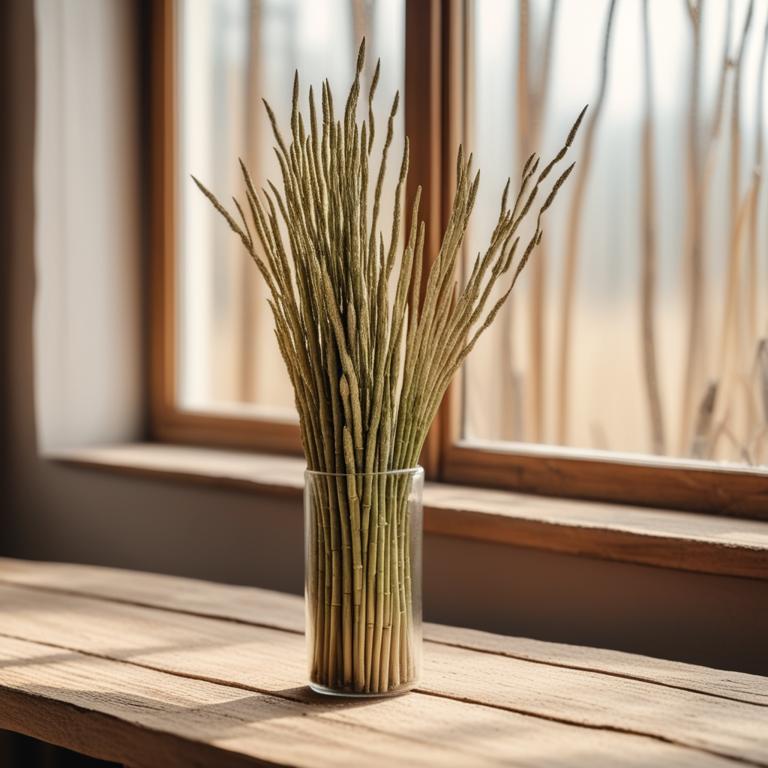
Hematuria: Exploring the Causes and Effective Herbal Remedies for Relief
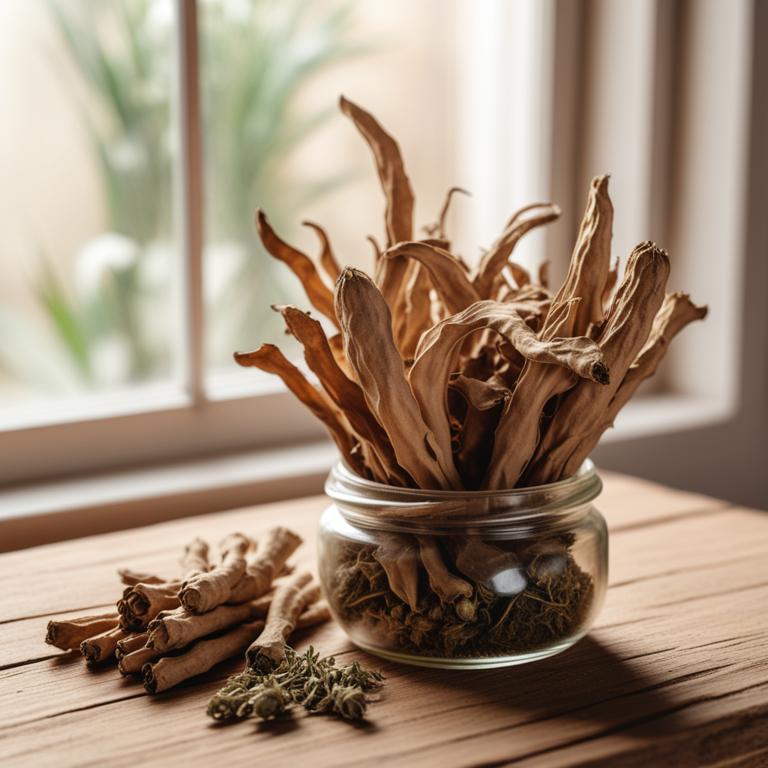
Benign Prostatic Hypertrophy: Understanding Causes and Herbal Preparations for Relief
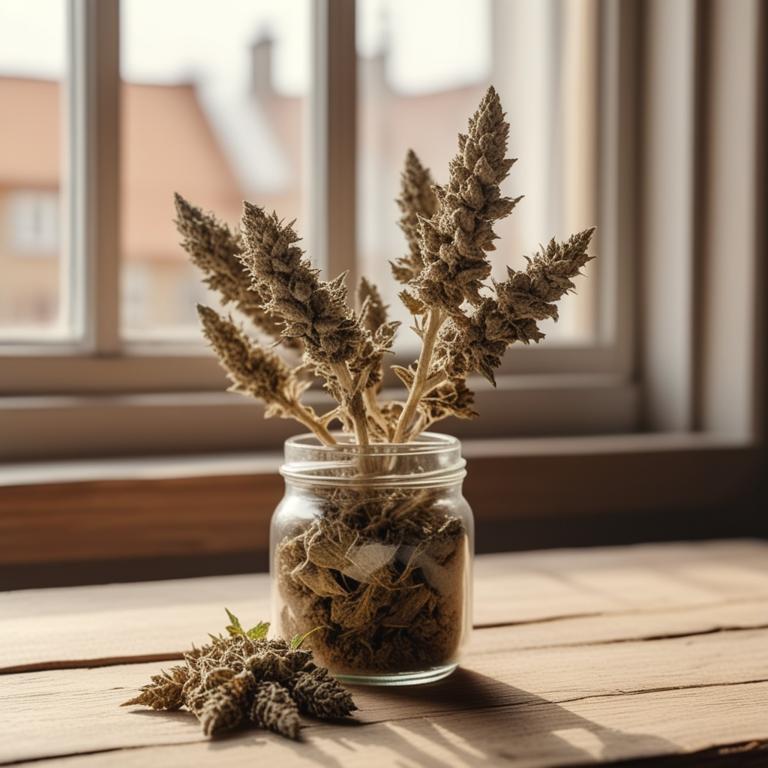
Overcoming Dysuria: Causes, Medicinal Herbs, and Herbal Remedies for a Healthy Life
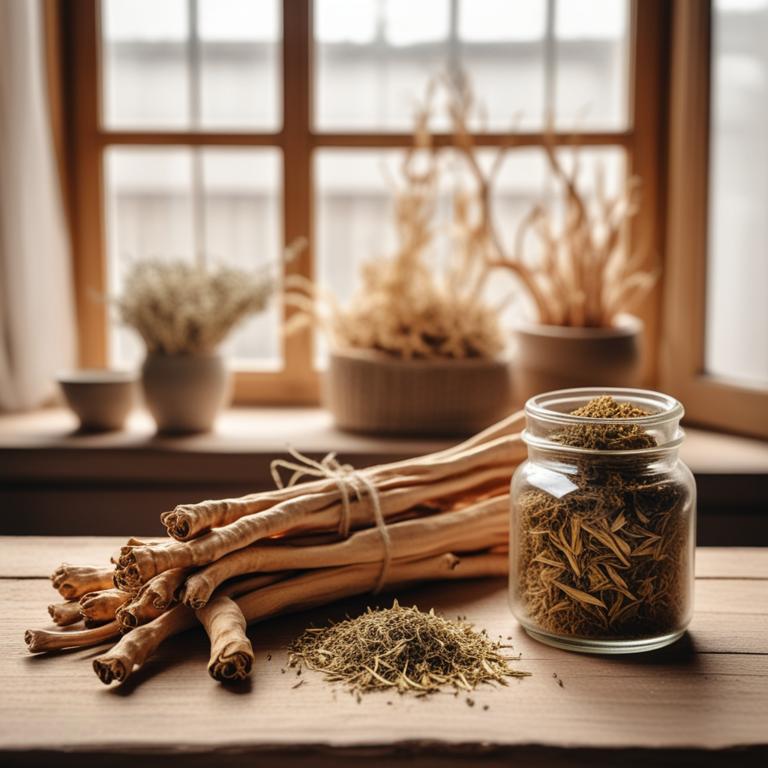
Prostatitis: Understanding the Causes and Using Herbal Preparations for Relief
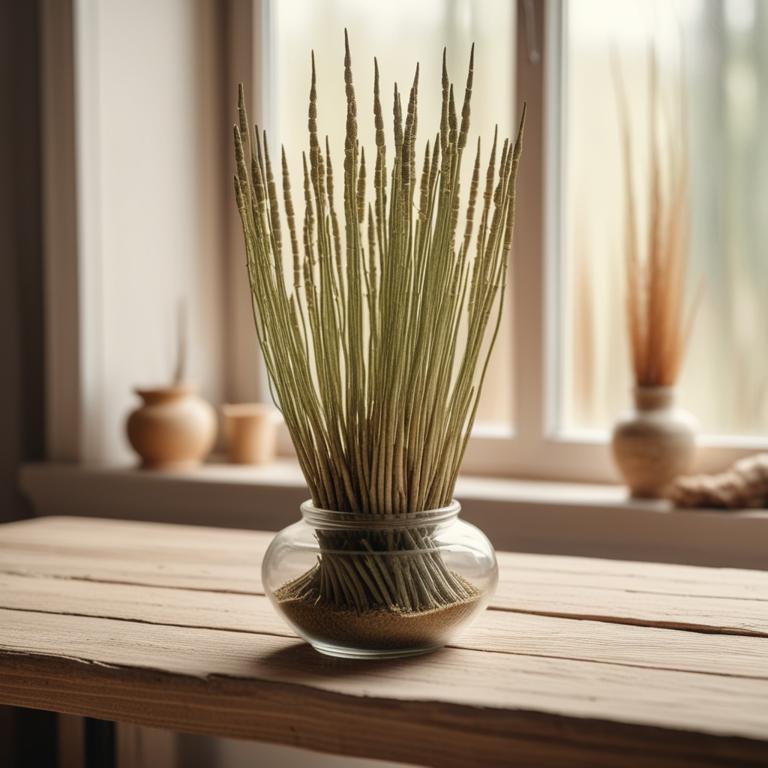
Causes of Bladder Pain and Effective Herbal Preparations
